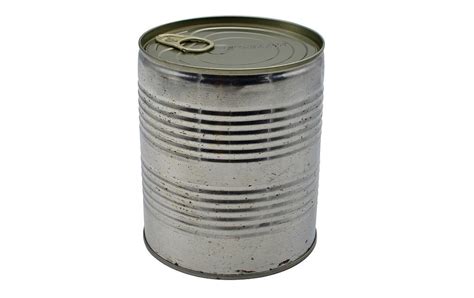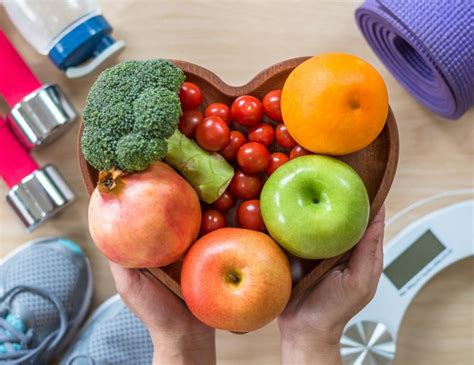How can men naturally boost testosterone for peak strength & vitality?

Understanding Testosterone’s Role in Men’s Health
Testosterone, often hailed as the cornerstone of male vitality, is far more than just a hormone responsible for libido and muscle mass. This crucial androgen impacts everything from bone density and red blood cell production to mood regulation, energy levels, and cognitive function. As men age, testosterone levels naturally decline, but various lifestyle factors can accelerate this drop, leading to symptoms like fatigue, decreased strength, reduced sex drive, and difficulty concentrating. The good news is that many natural strategies can help optimize your body’s testosterone production, empowering you to reclaim peak strength and vitality.

Fueling Your Hormones: The Power of Nutrition
What you eat plays a direct and significant role in your hormonal balance. To naturally boost testosterone, focus on a diet rich in whole, unprocessed foods:
- Healthy Fats: Don’t fear fats! Monounsaturated and polyunsaturated fats, found in avocados, nuts, seeds, olive oil, and fatty fish (like salmon), are crucial for hormone production. Cholesterol, a precursor to testosterone, is derived from dietary fats.
- Lean Protein: Adequate protein intake from sources like chicken, turkey, lean beef, eggs, and legumes supports muscle synthesis and overall hormonal health. Aim for roughly 0.7-1 gram of protein per pound of body weight.
- Micronutrient Powerhouses:
- Vitamin D: Often called the “sunshine vitamin,” Vitamin D is critical for testosterone production. Spend time outdoors and consider supplementation if your levels are low.
- Zinc: This essential mineral is directly involved in testosterone synthesis. Good sources include oysters, red meat, pumpkin seeds, and spinach.
- Magnesium: Found in leafy greens, nuts, seeds, and whole grains, magnesium helps reduce inflammation and can improve free testosterone levels.
- Limit Sugar & Processed Foods: High sugar intake and processed foods can lead to insulin resistance and increased body fat, both of which negatively impact testosterone.
- Moderate Alcohol: Excessive alcohol consumption can impair testicular function and increase estrogen levels, working against testosterone production.

Strategic Exercise: Building Strength, Boosting T
Physical activity, particularly certain types, is a potent natural testosterone booster:
- Strength Training: Lifting heavy weights, especially compound exercises like squats, deadlifts, bench presses, and overhead presses, stimulates significant testosterone release. Focus on progressive overload to continually challenge your muscles.
- High-Intensity Interval Training (HIIT): Short bursts of intense exercise followed by brief recovery periods have been shown to elevate testosterone levels and improve overall fitness.
- Avoid Overtraining: While exercise is beneficial, excessive or prolonged strenuous training without adequate recovery can increase cortisol (the stress hormone), which can suppress testosterone. Listen to your body and prioritize recovery.

The Restorative Power of Sleep
Sleep is not merely downtime; it’s a critical period for hormone regulation and repair. Chronic sleep deprivation is a major culprit in low testosterone levels.
- Aim for 7-9 Hours: Consistent, high-quality sleep is paramount. Studies show that men who sleep less than 5 hours per night can significantly reduce their testosterone levels.
- Optimize Your Sleep Environment: Create a cool, dark, and quiet bedroom. Avoid screens before bed, and maintain a consistent sleep schedule, even on weekends.
Mastering Stress: The Cortisol-Testosterone Connection
In today’s fast-paced world, chronic stress is endemic. When stressed, your body releases cortisol, a hormone that can directly inhibit testosterone production.
- Practice Stress Reduction: Incorporate daily mindfulness, meditation, deep breathing exercises, yoga, or spending time in nature.
- Engage in Hobbies: Pursue activities you enjoy to naturally reduce stress and foster a sense of well-being.

Other Lifestyle Enhancements
- Maintain a Healthy Weight: Excess body fat, particularly around the waist, can increase estrogen conversion and lower testosterone. Losing weight through diet and exercise often leads to a natural increase in testosterone.
- Limit Endocrine Disruptors: Be mindful of exposure to certain chemicals found in plastics (BPA), pesticides, and personal care products, which can interfere with hormone function.
- Sun Exposure: Natural sunlight helps your body produce Vitamin D, which, as mentioned, is vital for testosterone.

Conclusion
Boosting testosterone naturally is not about quick fixes; it’s about adopting a holistic approach to your health. By diligently focusing on a nutrient-dense diet, strategic exercise, quality sleep, effective stress management, and a healthy lifestyle, men can significantly improve their testosterone levels. This comprehensive strategy not only contributes to peak strength and vitality but also enhances overall health, mood, and cognitive function, paving the way for a more energetic and fulfilling life.









